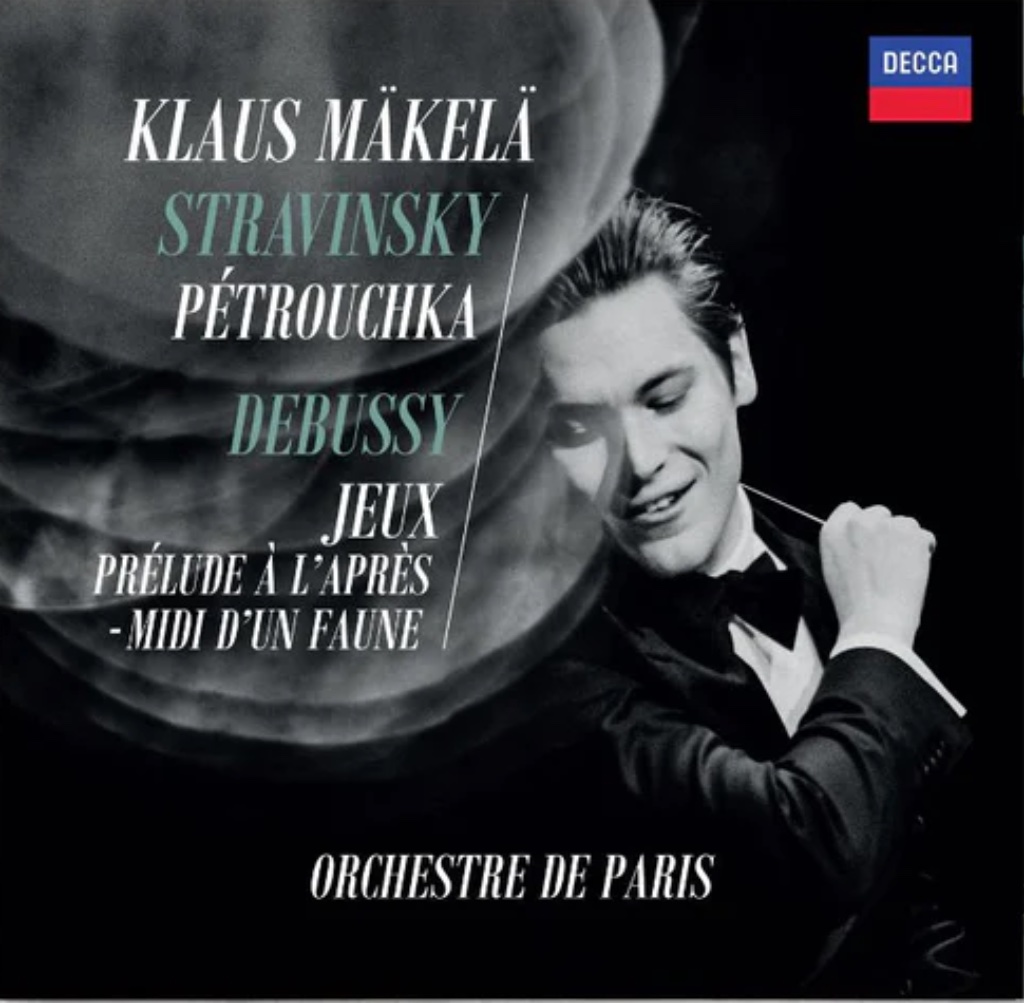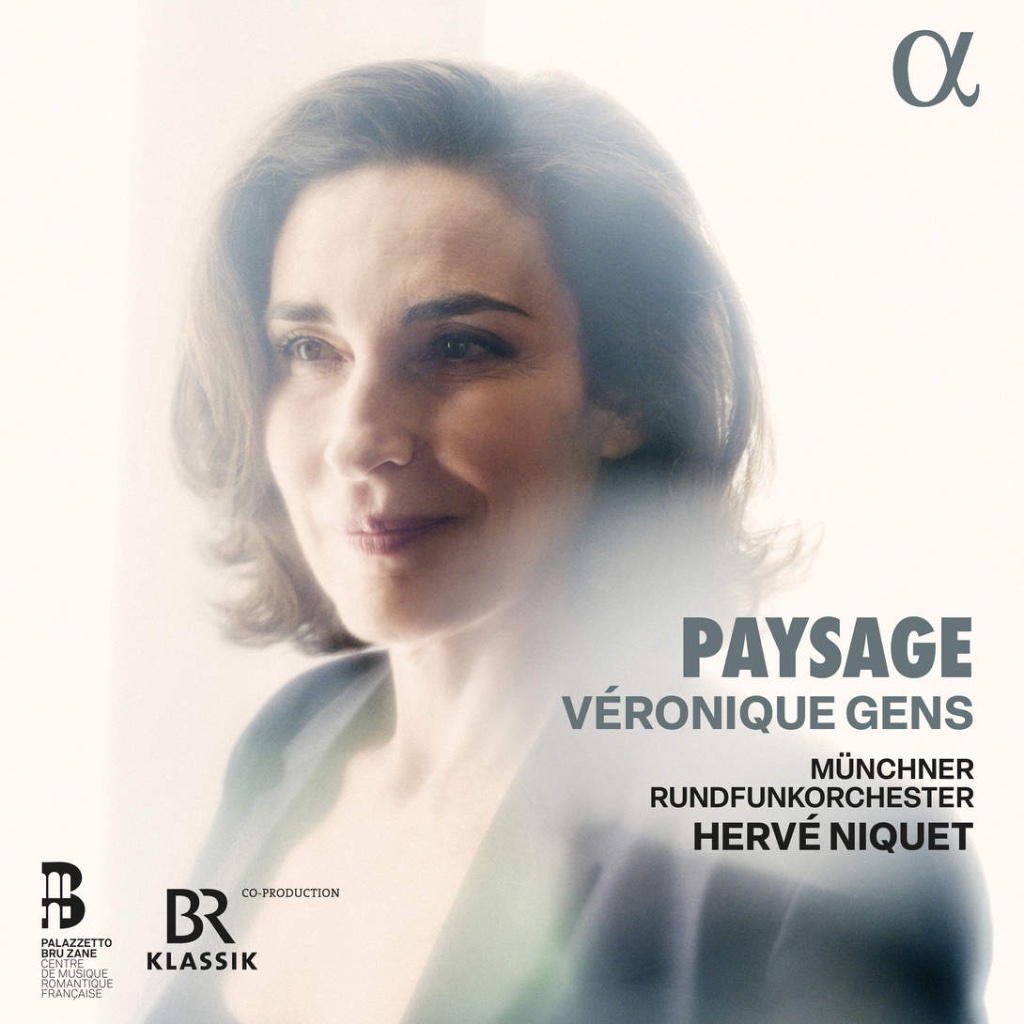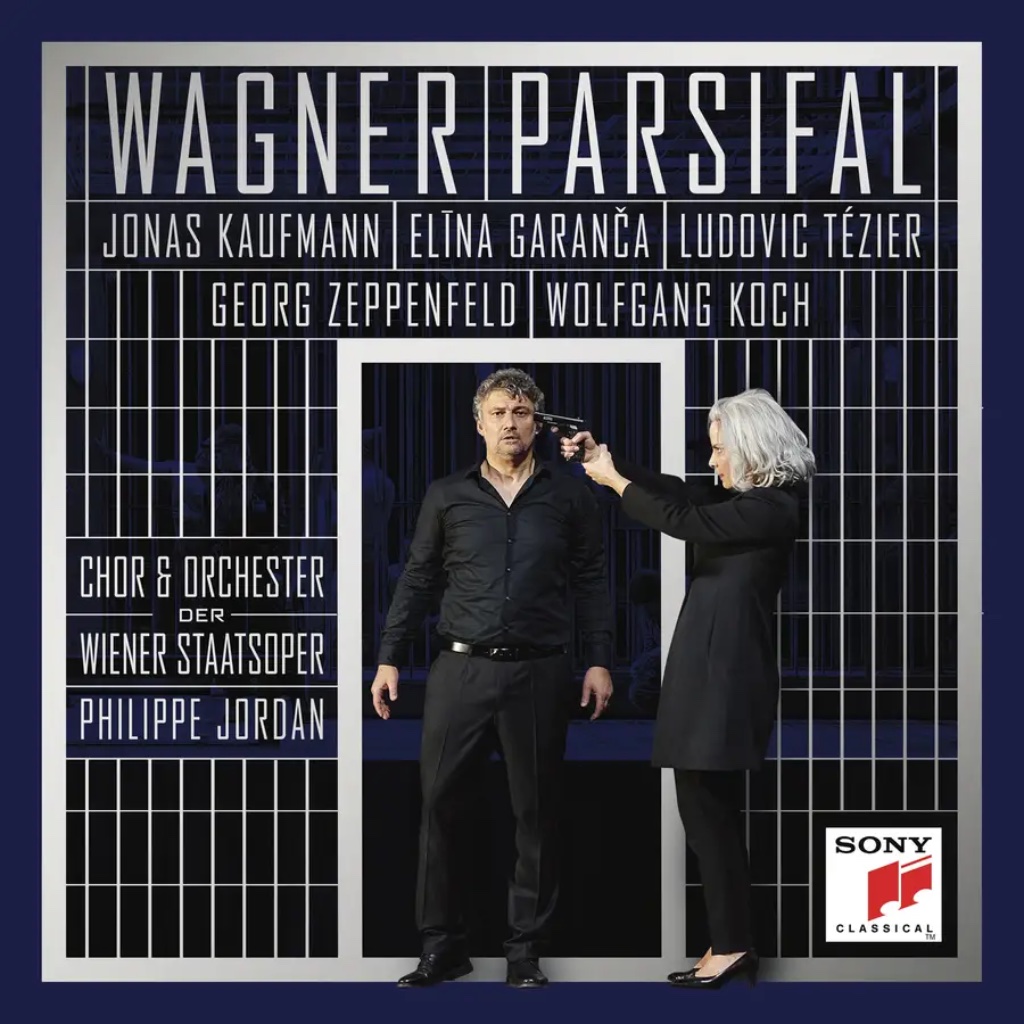Still not yet 30, Finnish conductor Klaus Mäkelä is the man of the moment in the classical music world. Not only has he been the music director of the Orchestre de Paris since 2021, but he is also chief conductor of the Oslo Philharmonic, and from 2027 will become chief conductor of the Concertgebouw Orchestra in Amsterdam. There are even rumors swirling that he is on the list for the next music director of the Chicago Symphony Orchestra.
Having seen him conduct Gustav Mahler’s Symphony No. 2 at the Philharmonie Hall in Paris, I can understand the hype surrounding Mäkelä; he is an energetic and hugely engaging presence at the head of the Orchestre de Paris, and the orchestra’s musicians clearly enjoy playing for him. I eagerly awaited his recordings with the same orchestra of three ballet scores by Igor Stravinsky, all of which were first performed in Paris: The Firebird (1910 at the Palais Garnier), Petrushka (1911 at the Théâtre du Châtelet) and The Rite of Spring (1913 at the Théâtre des Champs Elysées). A recording of the first and third ballets appeared last year, followed just two weeks ago by Petrushka, alongside two Debussy stalwarts, Jeux and Prélude à l’Après-midi d’un Faune.
First, it must be said that each recording displays the Paris Orchestra on peak form; the ensemble playing and solo parts (especially in Petrushka) are beautifully played and exceptionally well recorded, best shown in the exquisite pianissimi (quiet passages) in both Firebird and Rite of Spring. So why is my overall feeling one of disappointment?
Perhaps it stems from the recordings’ lack of the visceral excitement that one usually feels in the concert hall. Mäkelä’s version of The Rite of Spring (which notoriously caused uproar at its first performances in 1913) feels too well-behaved to generate the kind of atavistic thrill that the best recordings provoke. It sounded as if the players here buried their heads in their scores rather than giving in to the excitement of the moment. Could it be that Mäkelä needs to learn to maintain the energy of his live performances in the recording studio? At his age, at least he has time to rectify that in future recording projects.
Of other recent French-related classical releases, two recordings by the wonderful soprano Véronique Gens stand out. Just released is Paysage, a selection of Romantic French orchestral songs by such well-known composers as Massenet, Fauré and Saint-Saëns, but also including gems by Reynaldo Hahn (whose song output has been enjoying a renaissance over the last few years) and the little-known (to me) Théodore Dubois. The opening song of the disc, ‘Celui que J’Aime’, shows off Dubois’s craft particularly well, with Gens, sensitively supported by Münchner Rundfunkorchester under conductor Hervé Niquet, on glorious form.
The other recent recording by Gens is Poulenc’s La Voix Humaine, with the Orchestre Nationale de Lille conducted by Alexandre Bloch. This one-woman opera, about a woman speaking on the telephone to her feckless lover, is a tour de force for the soprano soloist, and Gens is fully up to the task, showing vulnerability, anger, jealousy and all-consuming love at different moments. Her diction is impeccable, an example to all other singers and indeed to students of French.
My final recommendation might not seem to have any French links whatsoever, as it is the Vienna State Opera Orchestra’s recording of Richard Wagner’s final work, Parsifal. But when I say that it is conducted by Philippe Jordan, former music director of the Paris Opera, there is a strong case for arguing that this four-CD set was made in Paris.
Jordan’s long experience of conducting many Wagner performances during his time in Paris has stood him in exceptionally good stead for what might be called the definitive modern recording of the work. Even if the baritonal qualities of tenor Jonas Kaufmann in the title role sometimes do not distinguish him adequately from the low-lying voices of the other male soloists, on all other levels this recording is superb, with particularly fine performances by Elina Garanča as Kundry, Georg Zeppenfeld as Gurnemanz and Ludovic Tézier as the anguished Amfortas. As so often in his Paris performances of Wagner, Jordan opts here for brisker tempi than many other conductors, but for me, it makes the emotional impact even greater.
Favorite


